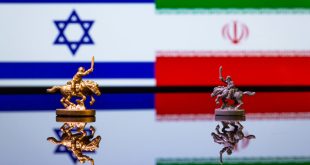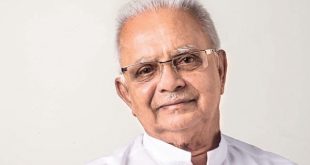The court of appeal has ruled that the government cannot use secret evidence in the case being brought against it by Binyam Mohamed (above) and five other former Guantánamo Bay detainees over torture allegations. Photograph: PA
The court of appeal has dismissed an attempt by MI5 and MI6 to suppress evidence of their alleged complicity in the torture and secret transfer of British residents to Guantánamo Bay.
In a devastating judgment, it ruled that the unprecedented attempt by the security and intelligence agencies, backed by the attorney general and senior Whitehall officials, to suppress evidence in a civil trial undermined deep-seated principles of common law and open justice.
MI5 and MI6 said evidence in the case, in which the Guardian, the Times and the BBC intervened, should be kept secret from everyone except the judges and specially appointed and vetted counsel.
The former detainees – Binyam Mohamed, Bisher al-Rawi, Jamil el-Banna, Richard Belmar, Omar Deghayes and Martin Mubanga – have denied any involvement in terrorism and allege that MI5 and MI6 aided and abetted their unlawful imprisonment and extraordinary rendition to various locations around the world, including Guantánamo. They are seeking compensation for abuse and wrongful imprisonment.
In their ruling, Lord Neuberger, master of the rolls, Lord Justice Maurice Kay, and Lord Justice Sullivan said that accepting the case of the security and intelligence agencies would amount to "undermining one of [the common law's] most fundamental principles".
"A further fundamental common law principle is that trials should be conducted in public, and the judgments should be given in public.
"In our view the principle that a litigant should be able to see and hear all the evidence which is seen and heard by a court determining his case is so fundamental, so embedded in the common law that, in the absence of parliamentary authority, no judge should override it, at any rate in relation to an ordinary civil claim …"
Moreover, the judges said, if a party was to win a case where the evidence was heard in secret, there was a "substantial risk" that it "would not be vindicated and that justice would not be seen to have been done. The outcome would be likely to be a pyrrhic victory for the defendants whose reputation would be damaged by such a process, but the damage to the reputation of the court would in all probability, be even greater."
Corinna Ferguson, legal officer at the civil rights group Liberty, said: "Yet again, the court of appeal has sent the strongest signal to the security establishment that it cannot play fast and loose with the rule of law. Fair and open justice belongs to people, not governments. Whoever governs us from Friday would be wise to bear this in mind."
 Sri lanka Muslims Web Portal Diversity and Inclusiveness
Sri lanka Muslims Web Portal Diversity and Inclusiveness



